U.S. adults (1%) are estimated to meet the criteria for
severe gambling problems in a given year.
(2-3%) would be considered to have mild or moderate gambling problems; that is, they do not meet the full diagnostic criteria for gambling addiction but meet one or more of the criteria and are experiencing problems due to their gambling behavior.
Approximately
85% of U.S. adults have gambled at least once in their lives;
60% in the past year.
48 STATES
plus the District of Columbia. The two without legalized gambling are Hawaii and Utah.
National Council on Problem Gambling estimates the annual national social cost of problem gambling is
$7 BILLION.
These costs include gambling-related criminal justice and healthcare spending as well as job loss, bankruptcy and other consequences. This estimate was based on research from the 1999 National Gambling Impact Study Commission updated to account for inflation and current rates of problem gambling.
